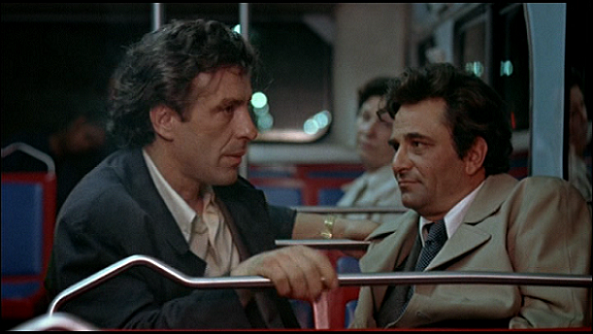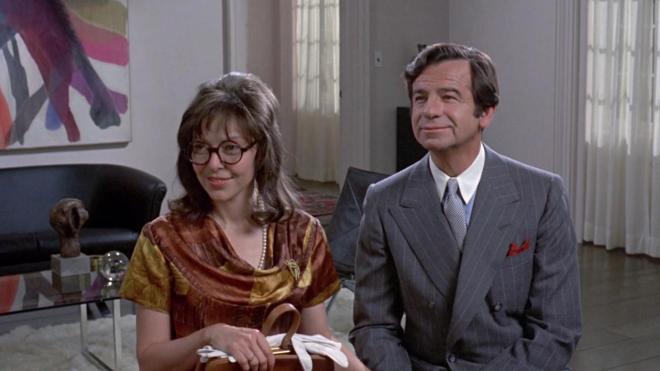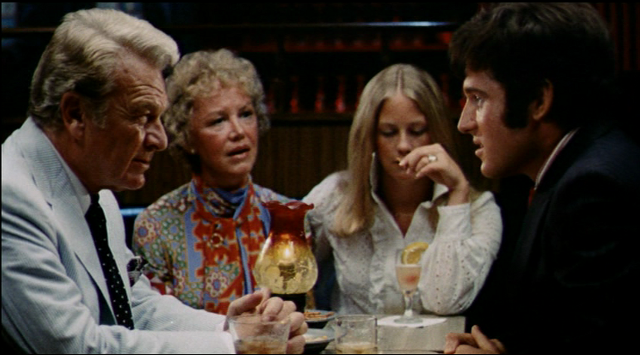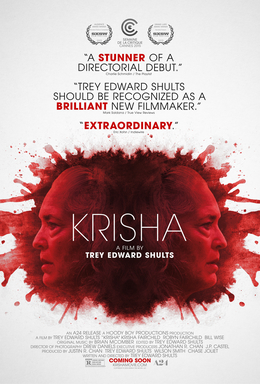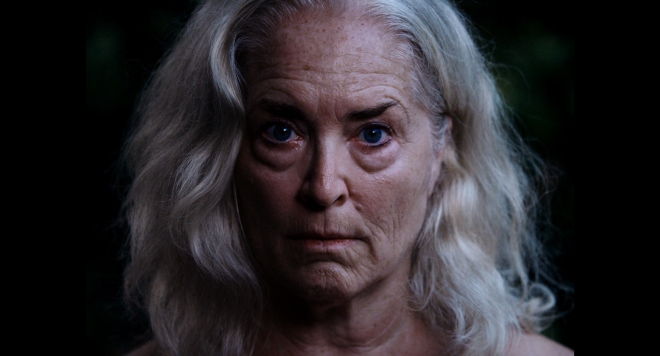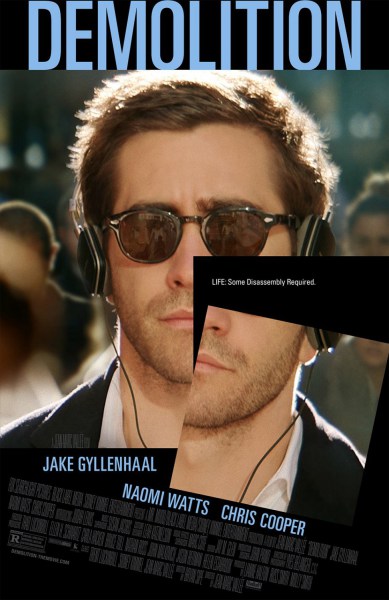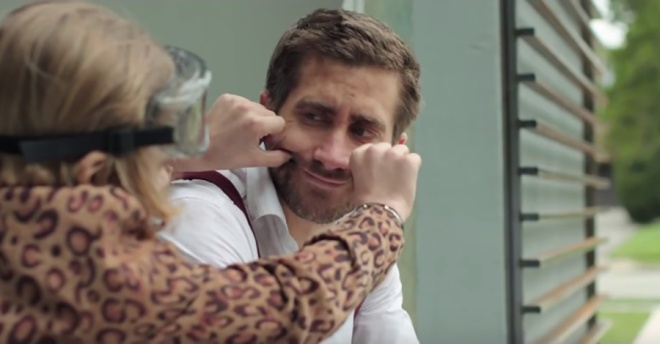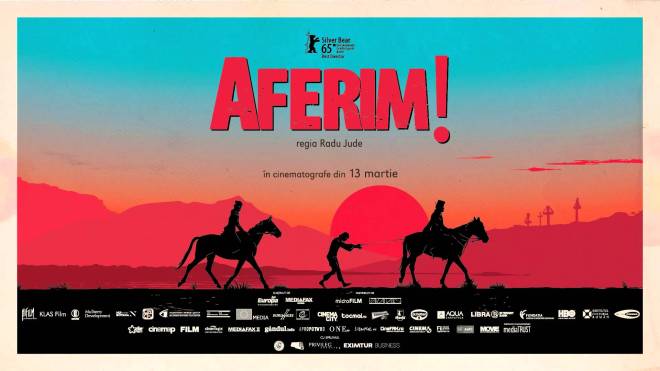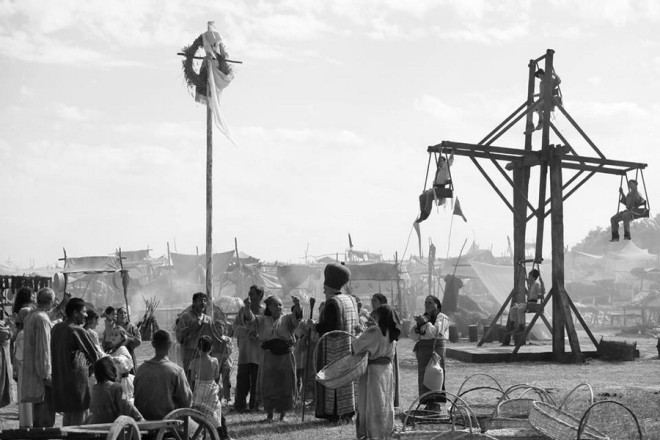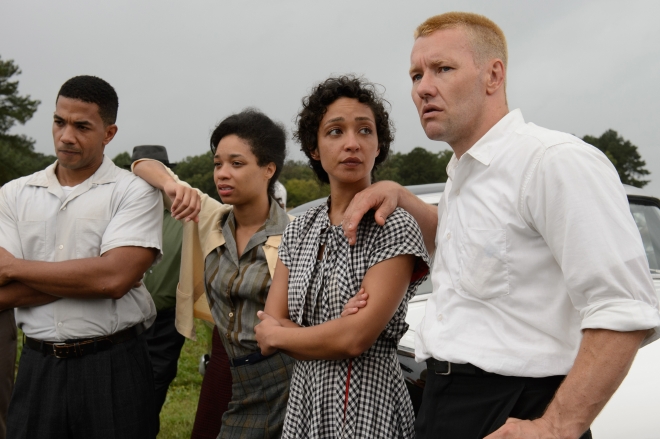
Cynical as you may be about the existence of a higher power, it’s all but impossible to not find yourself enrapt by the small miracles of every day life. That Steve Bannon, Donald Trump’s alt-right leader of a campaign chairman (and now senior adviser), found his pants literally on fire as he wrote a speech for the president-elect during the campaign cycle may be one such example.
And while we’re thinking about the election, we might as well think about the past, at those moments of American “greatness” to which Mr. Trump has continually harkened, though the example presented below is likely not what the candidate and his supporters cherish. Richard and Mildred Loving were an interracial Virginia couple, married in Washington, D.C., in 1958 at a time when their state forbade their union.
The story of the Lovings is so perfect in that miraculous sense: that when the police arrested the two at their home in Central Point, VA, they literally raided their bedroom in the middle of the night — an invasion of the state into a couple’s private quarters; that to get married, they had to climb to the enlightened peak of their mountain-shaped state; that their last name is Loving for Christ’s sake! And, weirdly, that their case, appealed up to the Supreme Court (coincidentally, or not — who knows — at that same peak of enlightenment), was decided on June 12, 1967, six months to the day before the release of “Guess Who’s Coming to Dinner,” Stanley Kramer’s filmic criticism of the same anti-miscegenation laws that the Court struck down.
Jeff Nichols, the brilliant director of “Mud” and this year’s “Midnight Special,” gracefully brings the couple’s story to life in his latest feature, “Loving.” Nichols’s work can be defined not by the action and intensity that dots his films, but rather the quiet spaces in between. How do people live when their worlds are collapsing? In “Take Shelter,” a man builds a shelter for his family because he believes an apocalypse is imminent. In “Midnight Special,” a father discovers his son is imbued with special powers and tries to escape a cult that claimed him as a prophet. Every Nichols film is ever so off-kilter, as are his characters, but each remains impeccably human.
“Loving,” no exception, extends Nichols’s filmography to a subject more palatable to lovers of “prestige” films, but he doesn’t fall for the bait. Joel Edgerton (“Animal Kingdom”) and Ruth Negga (“Preacher”) play the couple, young but worn from hard labor and discrimination, with a quietness that so rarely graces these sorts of the films. Edgerton’s Richard is beaten by shame — not personal, but societal — and seldom makes eye contact. Negga’s Mildred is strongly developed, too, with a tired but hopeful face that oscillates between exhaustion as a housewife and anticipation for justice. The couple’s case works its way up the appellate chain to the Supreme Court, but we barely see those key scenes. Rather, like the actual Loving couple, the film stays at home, following Richard and Mildred simply enjoying each other and their three children while the Supreme Court considers, then decides, to force conservative America to confront its history of hate.
“Loving” benefits from Nichols’s reserve: first, because the very act of filmic spectacle turns the Lovings’ story into one of exception, rather than mundanity. And isn’t that the point? The Lovings aren’t all that special — they tell an interviewer that in so many words — and the very idea of putting their love at trial for the country to see runs counter to their natural reticence.
And second, the film’s weakest elements involve the actual lawyering. Nick Kroll (“The League”), who, it seems, is inappropriately emulating the quirky bemusement of Simon Helberg’s Cosmé McMoon in “Florence Foster Jenkins,” and Jon Bass (“American Horror Story”), who seems way too young to be the expert civil rights lawyer he portrays, are ill-fit for their roles. Their dialogue is very polished and lawyerly, not a terrible bother, but a stark contrast to the populist conversations of our protagonists and their neighbors.
My frustration boiled when Bass and Kroll’s voices, in monologues before the Supreme Court, dominated the silences of Richard and Mildred’s intended domestic tranquility. The moral righteous of the ACLU is not a necessary message, let alone for a God-like voiceover, but such are perhaps the demands this modern age, when morality is but an advisory warning on a presidential candidate. But the voiceover is an exception, not the norm, and for such an explosive topic, Nichols shows that silence speaks louder than audacity.
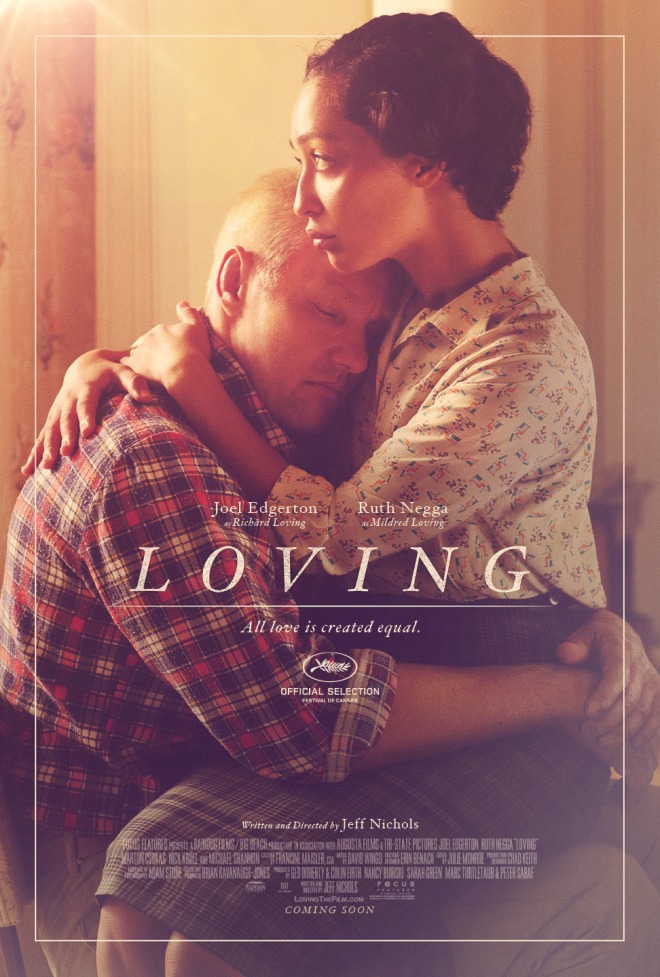

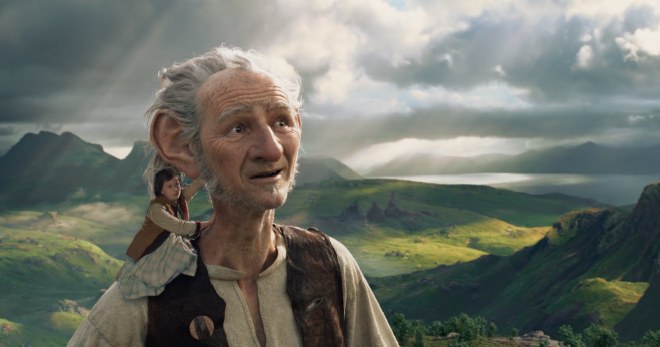

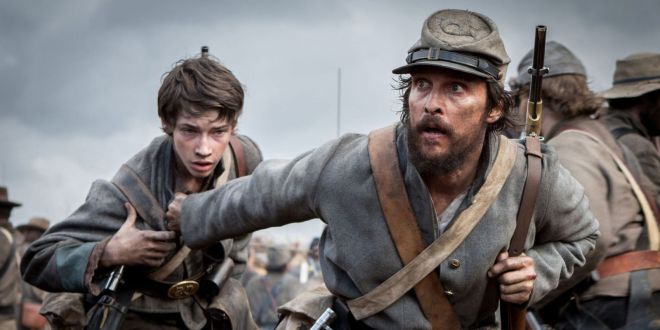
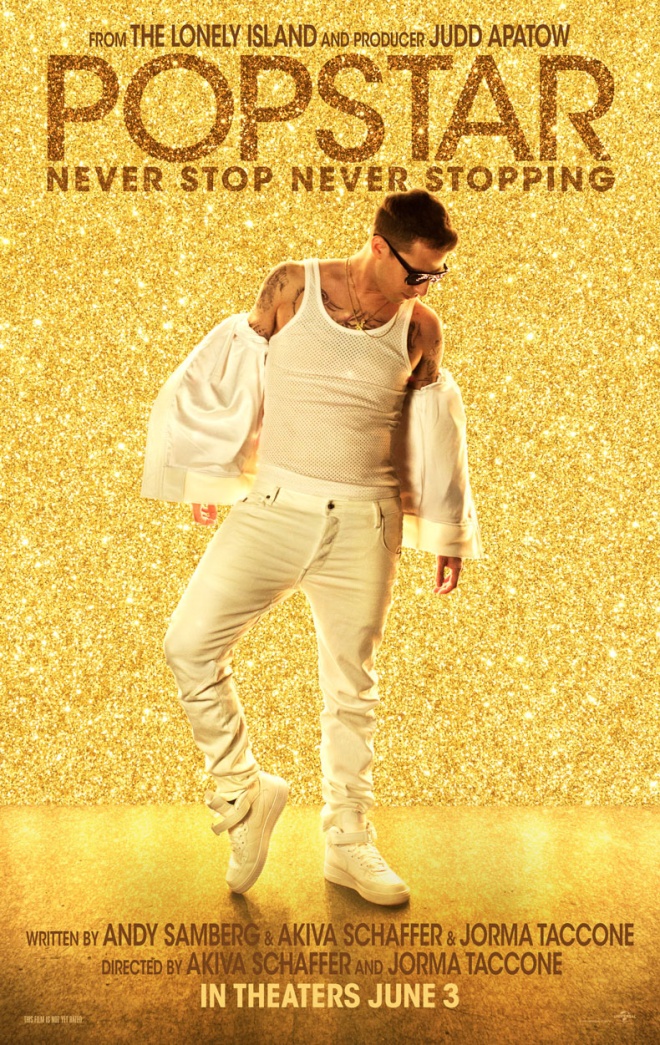
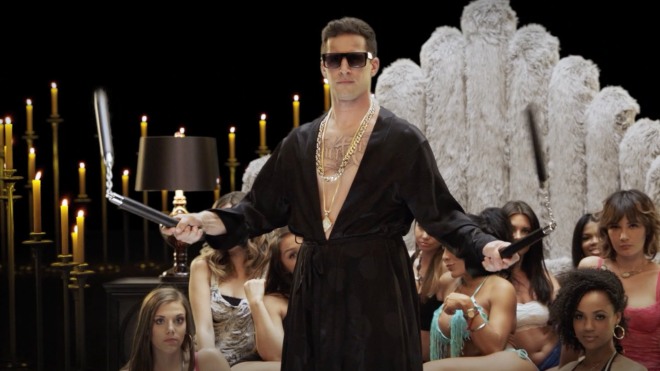
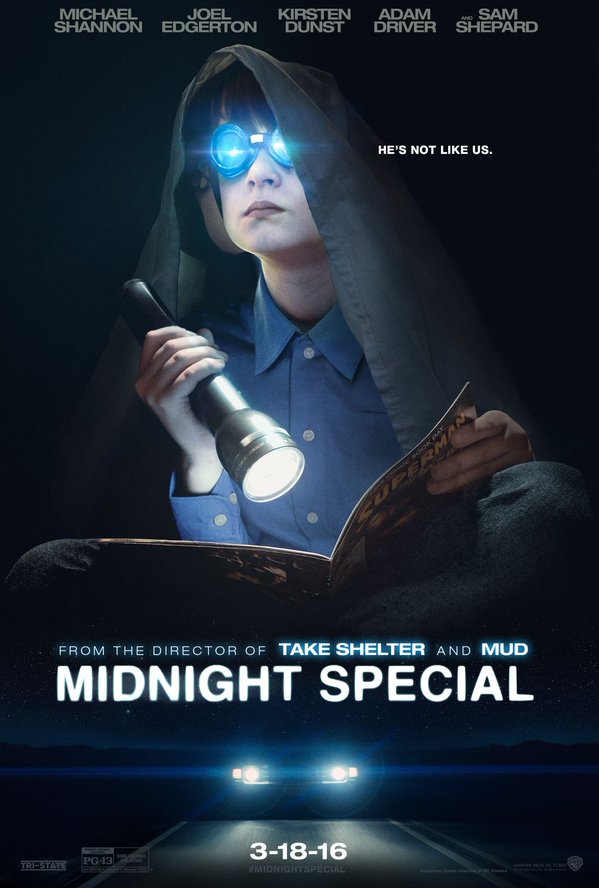



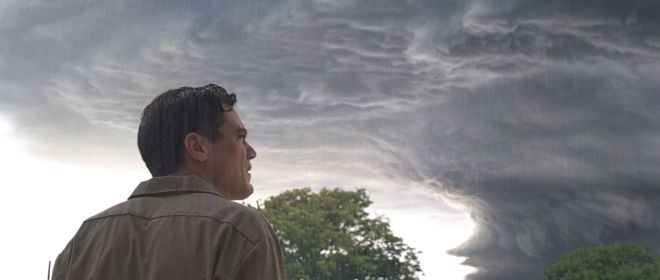
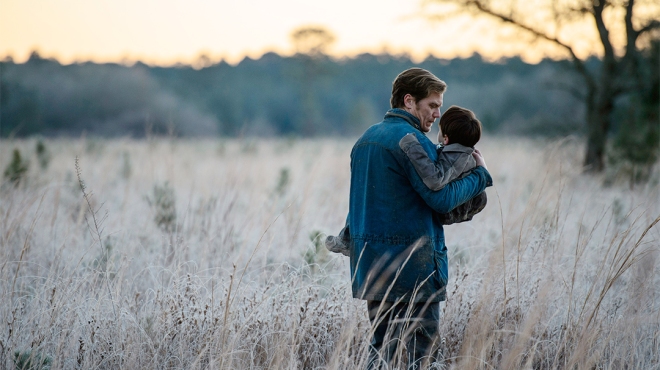
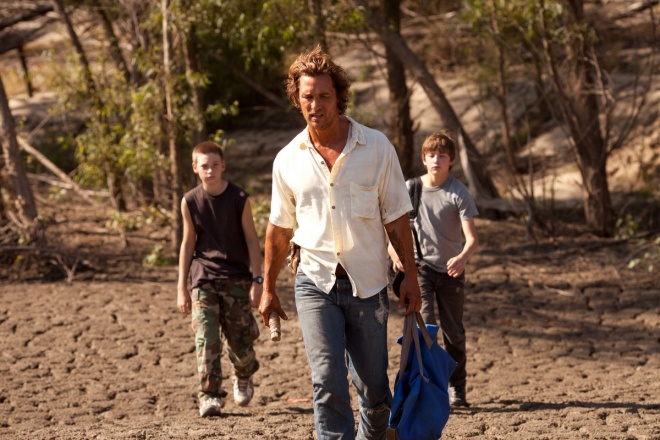
 Elaine May has an incredibly intriguing career. Fresh off her legendary comedy partnership with Mike Nichols, and after Nichols had directed two of the finest films of the 1960s, if not ever – Who’s Afraid of Virginia Woolf and The Graduate – May decided to start a directing career herself. Two dark romantic comedies, then a deconstructed crime drama, then, ten years later, an ill-conceived comedy in the desert, then . . .
Elaine May has an incredibly intriguing career. Fresh off her legendary comedy partnership with Mike Nichols, and after Nichols had directed two of the finest films of the 1960s, if not ever – Who’s Afraid of Virginia Woolf and The Graduate – May decided to start a directing career herself. Two dark romantic comedies, then a deconstructed crime drama, then, ten years later, an ill-conceived comedy in the desert, then . . .
